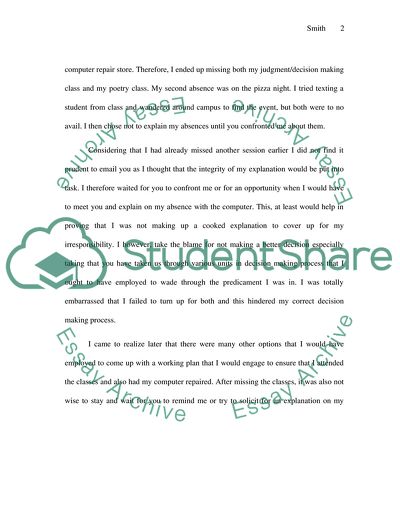Cite this document
(The Art and Science of Judgement and Decision Making Personal Statement, n.d.)
The Art and Science of Judgement and Decision Making Personal Statement. Retrieved from https://studentshare.org/social-science/1854601-judgement-and-decision-making-psychologyeconomics
The Art and Science of Judgement and Decision Making Personal Statement. Retrieved from https://studentshare.org/social-science/1854601-judgement-and-decision-making-psychologyeconomics
(The Art and Science of Judgement and Decision Making Personal Statement)
The Art and Science of Judgement and Decision Making Personal Statement. https://studentshare.org/social-science/1854601-judgement-and-decision-making-psychologyeconomics.
The Art and Science of Judgement and Decision Making Personal Statement. https://studentshare.org/social-science/1854601-judgement-and-decision-making-psychologyeconomics.
“The Art and Science of Judgement and Decision Making Personal Statement”, n.d. https://studentshare.org/social-science/1854601-judgement-and-decision-making-psychologyeconomics.


